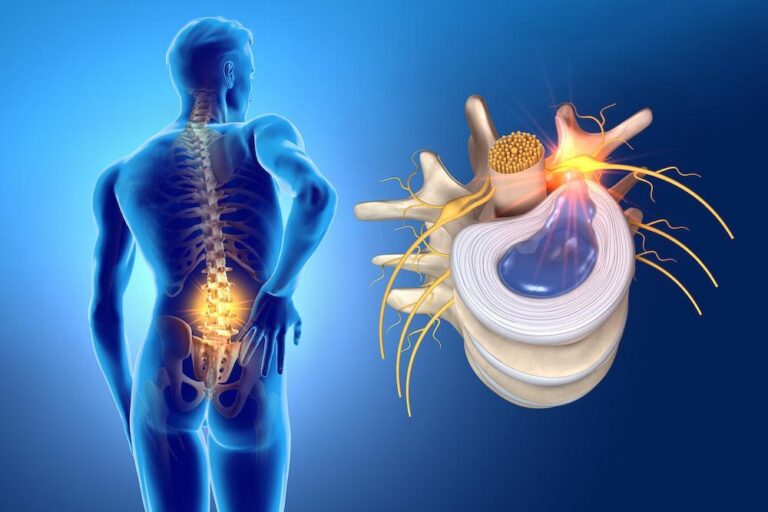The complex design of your spine makes it capable of amazing performance. It supports your body and allows for a wide range of movements while shielding the delicate nerves of the spinal cord, the information pathway between your brain and body.
Spinal discs serve as cushions and movement points between the vertebrae of your spine. They usually do their job in an unassuming way. When problems occur, they often take the form of herniation, a situation in which the soft inner gel of a disc breaks through the tough outer shell.
Herniated discs cause numbness, pain, and other nerve-related issues. Choosing a dedicated pain management physician specialist such as myself, Franz Jones, DO, helps you bypass the problems a herniated disc creates. With expert care, you can alleviate pain and reclaim an active life.
Recognizing disc herniation
A spinal disc’s structure is often compared with a jelly donut. I’ve said this to my patients on numerous occasions, and everyone gets it. It’s possible for the soft filling of the disc to break through cracks, tears, and weak spots in the outer layer, which tends to become dry and more brittle as you get older. It’s not an unusual condition, and there are often when a disc ruptures and you’re not aware of it.
Problems arise, though, if the herniated disc irritates or presses on nerve tissue. There’s not much extra space in your spinal column, so disc tissue can easily contact nerves after a rupture occurs. Many cases of a herniated disc heal with time and rest. However, sometimes they don’t, or there’s significant pain present during the healing process.
You can recognize symptoms of herniated discs from sharp pain in your arms or legs, typically on one side, but you may also feel tingling or numbness along an affected nerve’s path, along with or instead of sharp pain. Muscle weakness can also occur if a motor nerve is compressed or irritated. As a physician, I never want to see weakness in the office, and it’s often a source of worry and concern and should be addressed urgently.
Treatment options for herniated discs
Typically, I begin with conservative treatment for ruptured discs because the body can heal itself. The initial focus centers on rest and pain management using oral medications. Cortisone injections are another possibility, and physical therapy may help you strengthen core muscles to reduce the load off your spine.
In extreme cases, surgery might be necessary. But this is rare for patients with herniated discs, particularly now that we have multiple treatment options. At my practice, this includes game-changing regenerative medicine techniques.
Innovative regenerative medicine
Platelet-rich plasma (PRP) therapy and bone marrow stem cell therapy harness some of the resources the body needs to repair ruptured discs, which receive little in the way of blood supply, the standard delivery route for the raw materials of healing.
PRP and stem cell therapy are ideal for treating torn or herniated discs. These therapies are also effective at slowing the progress of degenerative disc disease for many patients. PRP and stem cell therapy are also minimally invasive, easily tolerated, and compatible with many other treatments.
Don’t endure herniated disc pain. Instead, get relief. Contact my office to book a consultation at the most convenient of my three southeastern Florida locations.
